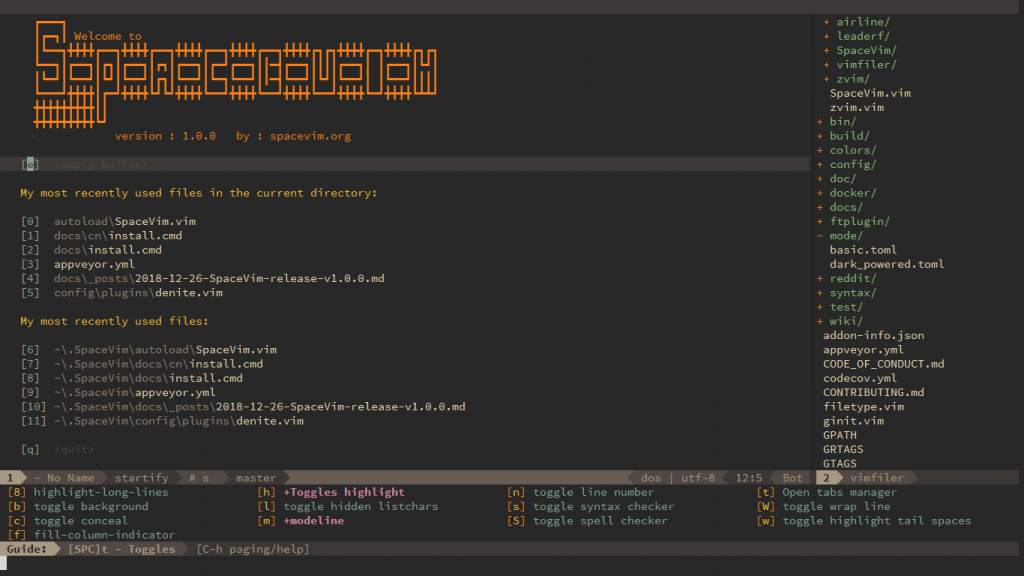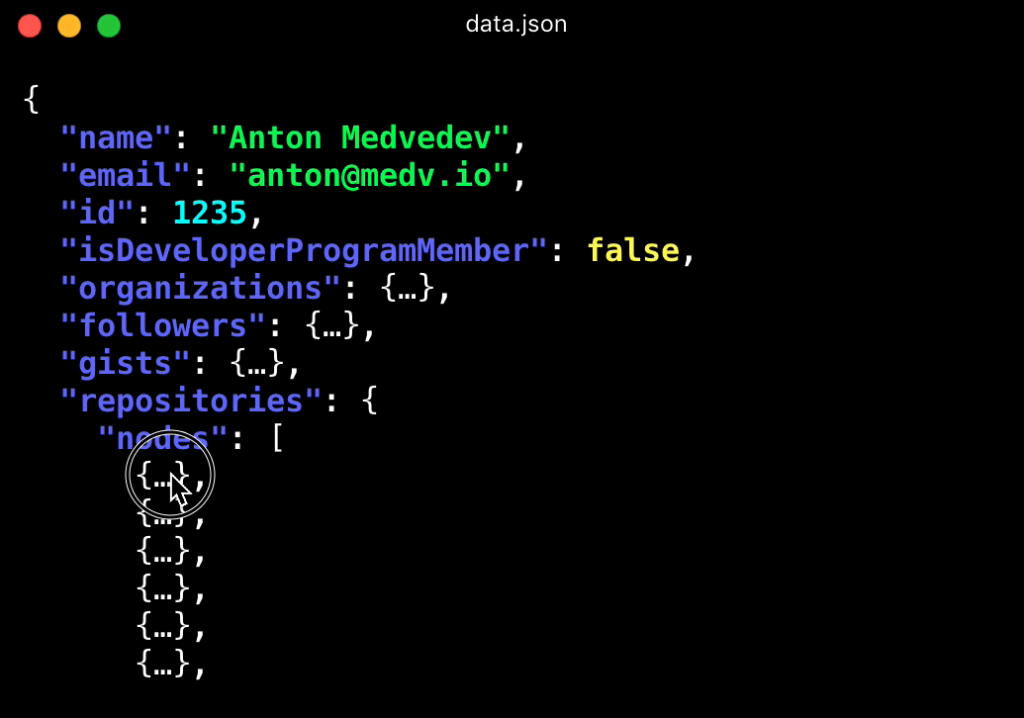While reading through “How to Slow Down to Go Faster Than Ever in Software Development” I couldn’t help but nod my head in agreement continuously. The article goes over the well-known and familiar challenges in software development, but it also words them in a very simple and straight-forward way. It’s difficult to disagree with.
Here are a few quotes to get you started.
As Robert C. Martin mentions on the primary value of software at CleanCoders, “The ability of a software system to tolerate and facilitate such ongoing change is the primary value of software”. Rushing is evil in software development. Any attempt to rush causes dramatic damage in productivity, focus, people’s effectiveness, adaptation capability, and tolerance of software.
For instance, we always have time for fixing bugs, but no time for writing tests. We don’t refactor and write tests because we don’t have enough time. But we have time for debugging, hacking code and fixing bugs.
We focus on processes so much that we often forget the main asset in software development: people. Processes help people to improve the way they build products, increase motivation and cultivate a healthy environment. In the end, the efficiency of processes is important, but people are crucial.
Processes and tools do not build products, but people do. We have to admit, “talent hiring” is the most important functionality of an organization. It has direct impact on the future of the company and the product itself.
Hire the best talent for your organization. By saying “the best”, I do not mean the smartest, or most experienced people around. I look for passion, discipline and motivation at a minimum. If all three exists in a talent, the other skills can grow with ease. Hiring is a win-win process, so both sides should gain from the process. So you should slow down your hiring process and invest on improving it. People join companies in which they believe. So model the behavior you want to see. And through your company culture, your vision and people, make talent believe in you.
One thing is clear. Without having a quality codebase, you cannot be agile, sorry. The first thing you need to do is eliminate technical debt and resolve bugs. If you need to stop building the features for a while, and focus on eliminating bugs.
“Fixing bugs and deploying to servers afterwards” is not a proper procedure today. It contains risks and danger. We need a better and more disciplined way of doing it. When you want to fix a bug, first write a test and reproduce the problem programmatically. Then fix the bug and see that the tests are passing. Deploying to production is safe afterwards.


